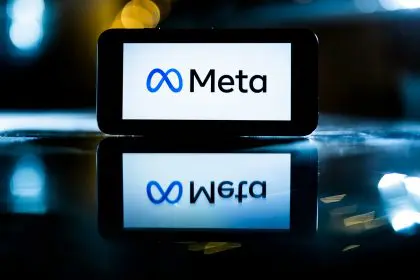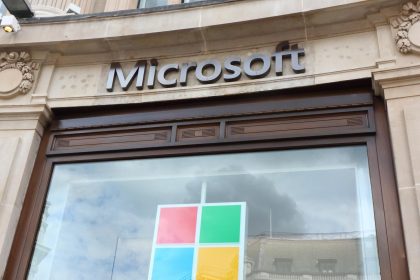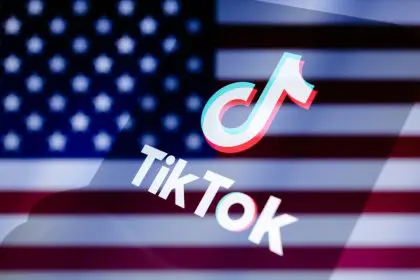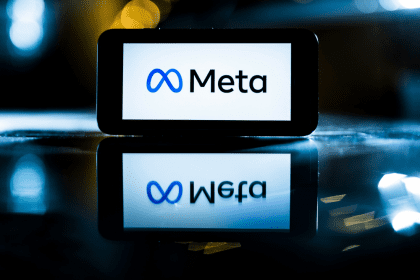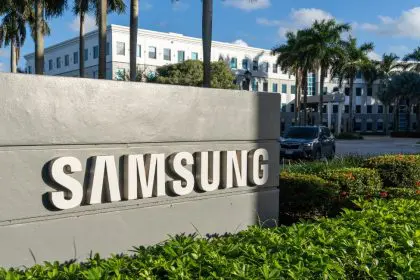In what security experts are calling one of the largest intelligence breaches in U.S. history, Chinese hackers have gained access to the private phone records of more than a million Americans. The breach, known as Salt Typhoon, has primarily targeted major telecommunications providers including AT&T and Verizon, leaving millions of customers vulnerable and uninformed about the exposure of their personal information.
The hidden danger of exposed phone data
While the hackers didn’t access the content of phone calls, they obtained detailed metadata that reveals patterns of daily life, including when calls were made, which numbers were contacted, and the locations where phones connected to cell towers. This information can paint an intimate picture of a person’s life, from their medical appointments to religious activities and personal relationships.
The exposure of metadata might seem less concerning than actual conversation content, but security experts warn that this information can be equally damaging. Intelligence agencies can use this data to create detailed profiles of individuals, tracking their movements, identifying their social circles, and even predicting future behavior patterns. For instance, regular calls to medical facilities might indicate health conditions, while communication with religious institutions could reveal religious affiliations.
Why most victims remain unaware
Despite the massive scale of the breach, telecommunications companies have only notified a select group of high-profile individuals, including government officials and political figures. The majority of affected customers remain unaware that their private information has been compromised. The FBI has stated that the responsibility for customer notification lies with the telecom providers, yet these companies have been slow to take action.
This lack of transparency has sparked criticism from privacy advocates and cybersecurity experts, who argue that customers have a right to know when their personal information has been compromised. The delayed notification process has left millions of Americans vulnerable to potential surveillance and exploitation without their knowledge or consent.
International implications and government response
The U.S. government has officially attributed the Salt Typhoon campaign to Chinese intelligence operations, with support from allies including Australia, Canada, and New Zealand. The Chinese Embassy in Washington has denied any involvement in the hacking campaign, but cybersecurity experts point to mounting evidence suggesting otherwise.
The breach has strained diplomatic relations between the United States and China, adding to existing tensions over cybersecurity and digital espionage. Intelligence officials warn that this incident represents a significant escalation in state-sponsored cyber operations targeting civilian infrastructure and personal data.
The real-world impact on everyday Americans
The breach has particularly serious implications for residents in the National Capital Region, where call records could reveal sensitive relationships between political figures, business leaders, and other influential individuals. Security experts warn that this information could be used for everything from corporate espionage to political manipulation.
Beyond the immediate privacy concerns, the breach raises questions about the long-term consequences of metadata exposure. Criminal organizations could potentially use this information for identity theft, fraud, or targeted scams. Business professionals might find their competitive advantages compromised if their communication patterns with clients or partners are exposed.
How telecommunications companies are responding
Major telecom providers have faced mounting pressure to address the breach more aggressively. While some companies have begun implementing enhanced security measures, critics argue that these steps come too late for the millions of customers whose data has already been compromised.
Industry experts suggest that this breach might lead to significant changes in how telecommunications companies handle customer data security. Some providers are reportedly considering new encryption methods for metadata, while others are exploring advanced threat detection systems to prevent similar incidents in the future.
Protecting yourself in the digital age
As telecommunications companies continue their limited notification efforts, cybersecurity experts recommend taking several precautionary measures. These include using encrypted communication apps for sensitive conversations, regularly reviewing privacy settings across all digital platforms, and staying informed about potential security threats.
Consumers can also protect themselves by minimizing the amount of sensitive information shared over traditional phone lines. Using virtual private networks (VPNs) and secure messaging applications can help reduce digital footprints and make it harder for malicious actors to track communication patterns.
Looking toward the future
The Salt Typhoon breach serves as a wake-up call for both corporations and consumers about the vulnerability of personal information in our interconnected world. As investigations continue, the full impact of this massive privacy violation remains to be seen, leaving many Americans to wonder not if, but when they’ll discover their own information has been compromised.
Privacy advocates are pushing for stronger regulations requiring companies to notify customers promptly when their data is compromised. Meanwhile, telecommunications providers are under increasing pressure to improve their security infrastructure and transparency practices to prevent future hacks of this scale.




